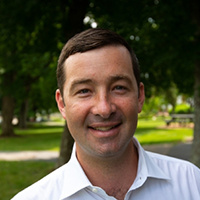Crawley DUI-DWI Lawyer, West Virginia
Not enough matches for Crawley DUI-DWI lawyer.
Below are all Crawley Criminal lawyers.
Jody D. Wooton
✓ VERIFIEDMotor Vehicle, DUI-DWI, Criminal, Consumer Rights, Wrongful Termination
Jody's intrigue with the legal system began about the time he was becoming a teenager. He vividly recalls observing his father and uncle working to es... (more)
FREE CONSULTATION
CONTACTPaul Williams
Estate, Divorce & Family Law, Criminal, Business
Status: In Good Standing Licensed: 21 Years
Derrick Ward Lefler
Accident & Injury, Health Care, Criminal, Motor Vehicle, Real Estate
Status: In Good Standing Licensed: 31 Years
Derrick Ward Lefler
Accident & Injury, Criminal, Divorce & Family Law, Lawsuit & Dispute
Status: In Good Standing Licensed: 33 Years


